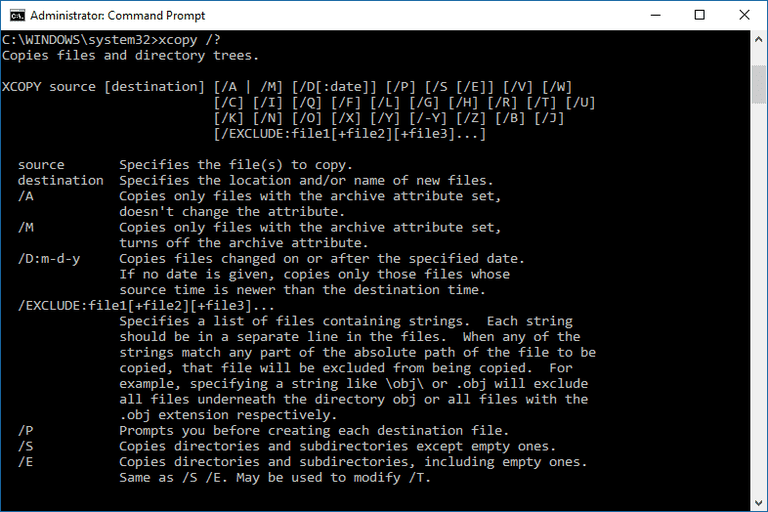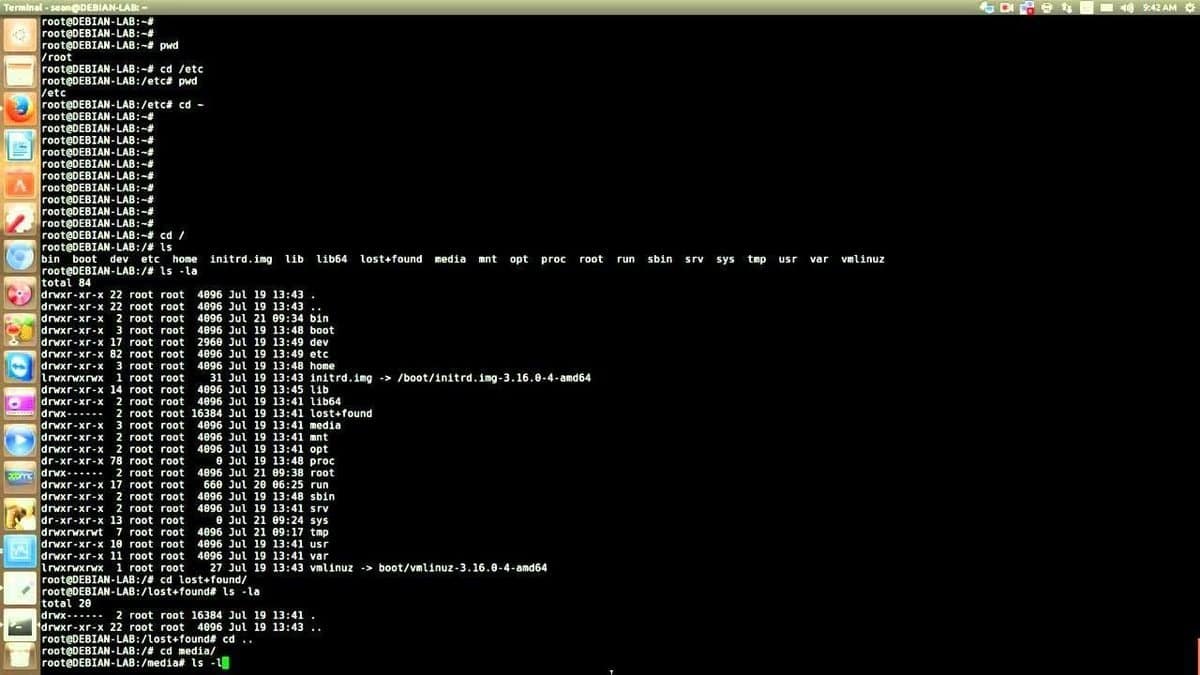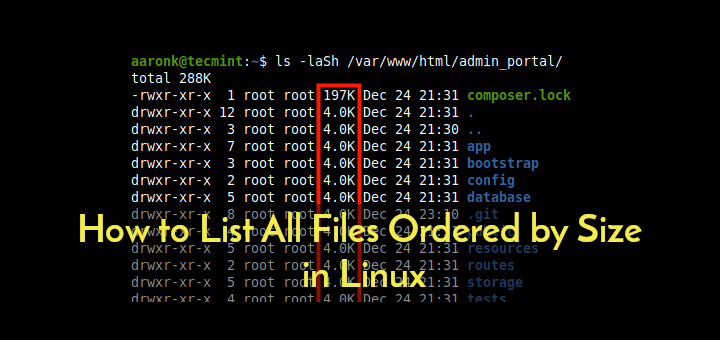

This option is on by default if the shell is invoked as sh.Ĭhange the behavior of bash where the default operation differs from the POSIX standard to match the standard. By default, bash reads these files when it is invoked as a login shell (see the " Invocation" section below for details).ĭo not read and execute the system-wide initialization file /etc/bash.bashrc and the personal initialization file ~/.bashrc if the shell is interactive. Turns on extended debugging mode (see the description of the extdebug option to the shopt builtin below).Įquivalent to -D, but the output is in the GNU gettext po (portable object) file format.Įxecute commands from file instead of the system-wide initialization file /etc/bash.bashrc and the standard personal initialization file ~/.bashrc if the shell is interactive (see the " Invocation" section below for details).ĭo not use the GNU readline library to read command lines when the shell is interactive.ĭo not read either the system-wide startup file /etc/profile or any of the personal initialization files ~/.bash_profile, ~/.bash_login, or ~/.profile. These options must appear on the command line before the single-character options to be recognized: -debuggerĪrrange for the debugger profile to be executed before the shell starts. An argument of - is equivalent to -.īash also interprets some multi-character options. Any arguments after the - are treated as file names and arguments. If the invocation option is +O, the output is displayed in a format reused as input.Ī - signals the end of options and disables further option processing. If shopt_option is not supplied, the names and values of the shell options accepted by shopt are printed on the standard output. If shopt_option is present, -O sets the value of that option +O unsets it.

Shopt_option is one of the shell options accepted by the shopt builtin (see the section " Shell Builtin Commands" for details). This implies the -n option no commands are executed. These are the strings that are subject to language translation when the current locale is not C or POSIX.

This option allows the positional parameters to be set when invoking an interactive shell.Ī list of all double-quoted strings preceded by $ is printed on the standard output. If the -s option is present, or if no arguments remain after option processing, then commands are read from the standard input. If the -r option is present, the shell becomes restricted (see the " Restricted Shell" section below for more details.

See the " Invocation" section below for more details. Make bash act as if it had been invoked as a login shell. For more information about interactive shells, see invocation, below. If the -i option is present, the shell is interactive. If there are arguments after the string, they are assigned to the positional parameters, starting with $0. If the -c option is present, then commands are read from string. The following options are also available: -c string Syntax bash OptionsĪll the single- character shell options documented in the description of the set builtin command can be used as options when invoking bash. bash can be configured to be POSIX-conformant by default. bash also incorporates useful features from the Korn and C shells ( ksh and csh).īash is intended to be a conformant implementation of the Shell and Utilities portion of the IEEE POSIX specification (IEEE Standard 1003.1). Bash is a sh-compatible command language interpreter that executes commands read from the standard input or from a file.


 0 kommentar(er)
0 kommentar(er)
